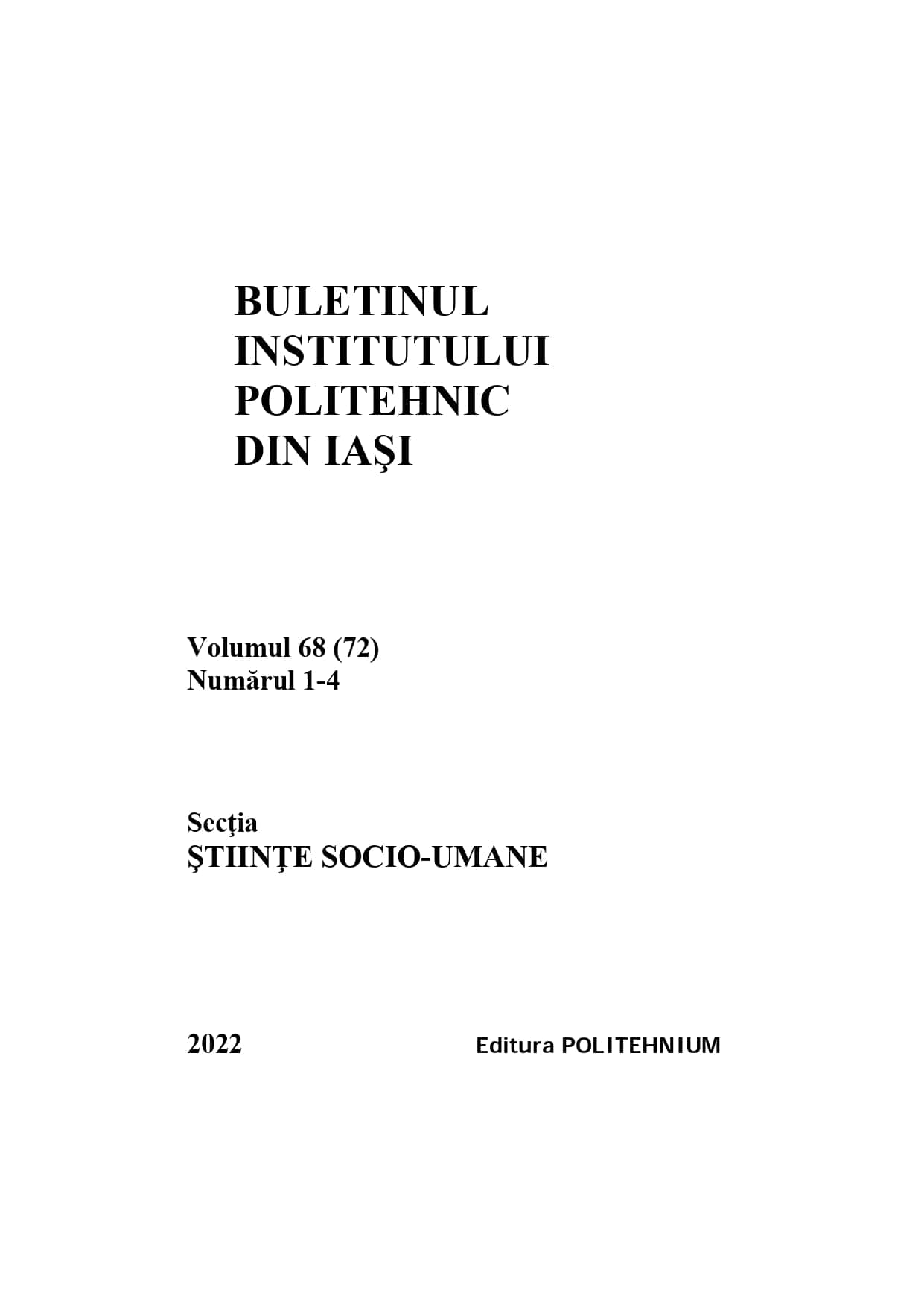Enseignement/Apprentissage du chinois au Cameroun: L’Emprunt au coeur des contacts linguistiques
The Teaching/Learning of the Chinese Language in Cameroon: Borrowing at the Heart of Linguistic Contacts
Author(s): Gisèle Mirabelle Céphanie PiebopSubject(s): Foreign languages learning, Applied Linguistics
Published by: Editura Universității Tehnice “Gheorghe Asachi” din Iași
Keywords: Chinese language and cultures; Cameroonian context; teaching-learning; French; English;
Summary/Abstract: The circulation of people and goods, in the same way as capitalism, has led China to further accentuate its presence on the African continent and in Cameroon in particular. To achieve its objectives, it opted for the establishment of many strategies, in order to outdo its Western competitors who until then had given themselves pride of place in Africa and made it their safe hunting ground. These strategies include the dissemination of Chinese civilizations, language and culture in Cameroon, through the Confucius Institutes on the one hand, and bilateral agreements establishing Chinese as a second foreign language inserted in Cameroon’s schools, alongside German, Spanish and Italian on the other. These agreements have led to the opening of the Chinese language and cultures sector at the Higher Teachers’ Training College in Maroua, with the aim of training and professionalizing Chinese language teachers. In fact, these measures as a whole increase the enthusiasm of Cameroonians for the Chinese language. Given this observation, the present work aims to examine the learning and teaching practices of this language, in order to better understand how the contact and much more the appropriation of Chinese language is done in Cameroonian context. This examination is carried out by making special stopping points on linguistic borrowings, which assert themselves as well in Chinese as in French and English, the two official and teaching languages of Cameroon. This linguistic phenomenon is then seen as a trick to fill or expose the linguistic insecurity of speakers on the one hand and to build or consolidate individual social identities on the other hand.
Journal: Buletinul Institutului Politehnic din Iași secția Științe Socio-Umane
- Issue Year: 68/2022
- Issue No: 1-4
- Page Range: 43-66
- Page Count: 24
- Language: French

